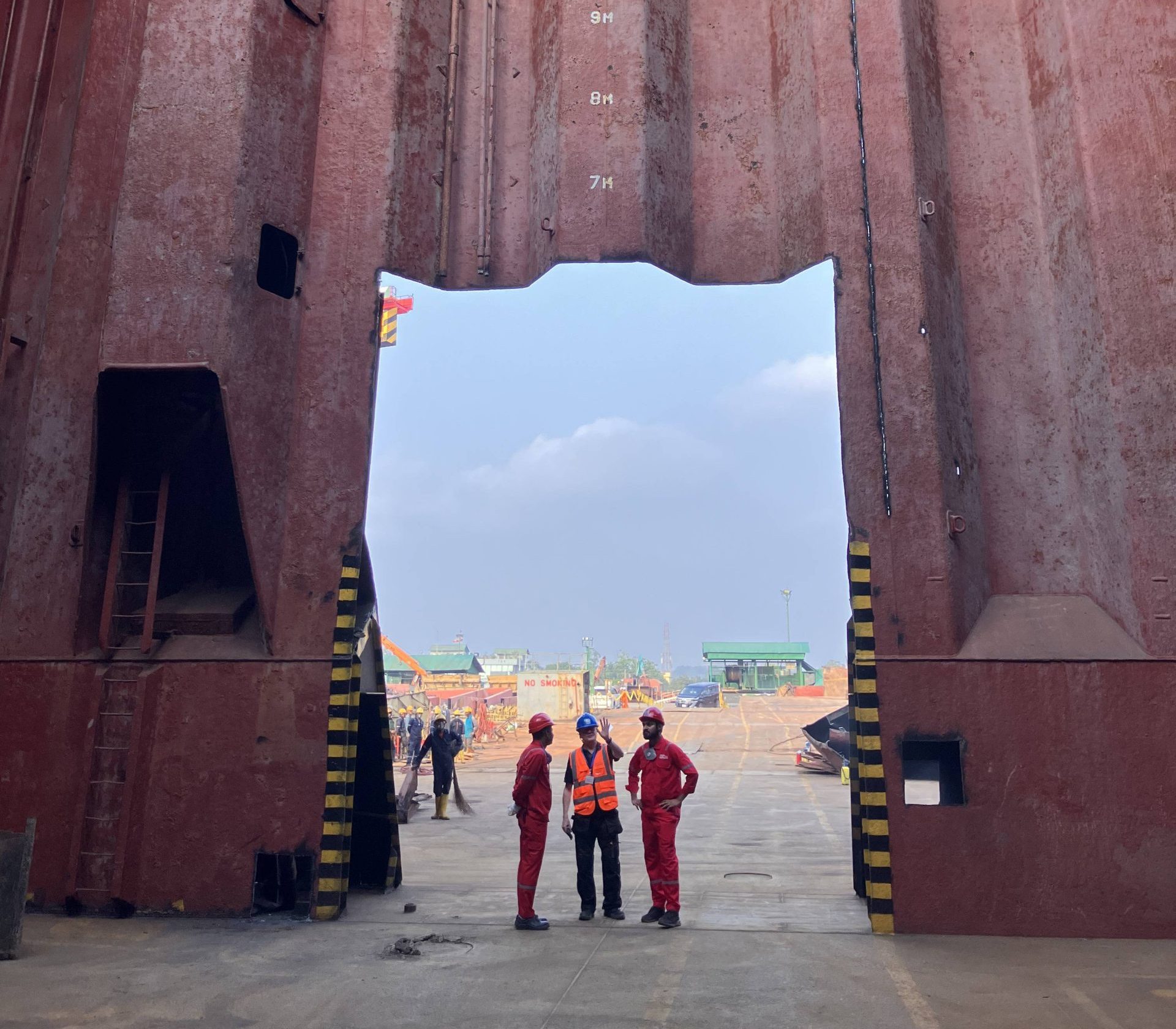The global maritime community is celebrating a landmark achievement as the Hong Kong International Convention for the Safe and Environmentally Sound Recycling of Ships officially enters into force. This pivotal moment marks a new era for the ship recycling industry, setting international standards that prioritize both environmental protection and worker safety.
The Hong Kong Convention establishes a comprehensive framework to ensure that ships, when recycled after reaching the end of their operational lives, do not pose unnecessary risks to human health, safety, and the environment. Its entry into force is the result of years of dedicated international cooperation and advocacy, reflecting a shared commitment to sustainable maritime practices.
The Convention, adopted by IMO Member States in May 2009, addresses critical concerns related to the environmental and occupational health and safety risks inherent in ship recycling. It sets out comprehensive regulations covering the design, construction, operation, and preparation of ships to facilitate safe and environmentally sound recycling. Furthermore, it mandates requirements for ship recycling facilities to operate safely and sustainably, including robust certification, compliance, and enforcement mechanisms.
IMO has played a central role in the development, adoption, and implementation of the Convention. Among its most significant contributions is the SENSREC Programme, a capacity-building initiative generously supported by the Government of Norway designed to support developing countries in aligning with the Convention’s requirements.
SENSREC provides comprehensive assistance, focusing on policy alignment, the establishment of robust institutional mechanisms, and the development of governance systems. Equally important, it empowers stakeholders in the ship recycling sector by promoting sustainable technical, social, and environmental practices. Through training, technical support, and the fostering of international partnerships, SENSREC has been instrumental in driving improvements in key ship recycling nations such as Bangladesh and Pakistan.
While challenges remain, today’s achievement is a powerful demonstration of what can be accomplished when nations collaborate to address global issues, safeguarding both human well-being and our planet for future generations. The SENSREC project continues to catalyze progress, including the launch of mentoring programs to support gender diversity in the ship recycling industry and gathering finance for investment into the modernization of infrastructure and improvement of productivity and processes.



